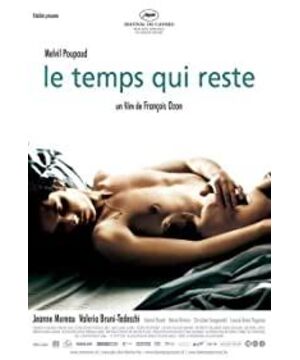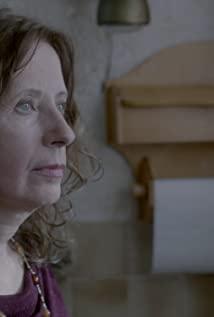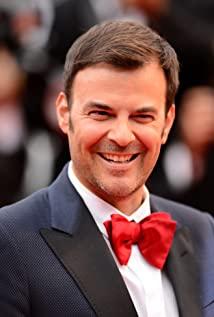The film is only 80 minutes long, but it fully depicts the last moments of a dying person's life, reflecting not only the thinking about human life, but also an exploration of human nature. At the very beginning of the film, it was pointed out that the male protagonist learned that he was terminally ill, that he had a bad relationship with his sister, that his father and mother were in love with each other but had an affair, and that he no longer had passion with his same-sex boyfriend. Alone, he chose to drive away his beloved boyfriend, continue to say hurtful words to his sister, and keep a distance from his parents who care about him. I am also facing death. I think this feeling is very understandable. Sometimes people will not tell their closest people about their troubles because they are afraid that they will not be able to bear it.
The male protagonist without cancer is an urbanite with a rotten life, a cocaine addict, a workaholic, a gay bar who lives in a gay bar, and death may be the only chance for him to think carefully about his past and his life. Everyone is like this, only death can make people see themselves clearly.
The male protagonist chooses to drive away his lover against his will, perhaps because he is afraid that his lover will face his own death, or perhaps because he is afraid of the daily inner torment, he uses his camera to take pictures of his lover. Such image memory may be the only thing he can do. Affordable love.
He chose to make peace with his sister, but he could only watch his sister and nephew from a distance, taking pictures of them in the shadows. Perhaps death is a sentence for a person's loneliness. The film is full of images of memories, whether it's what the hero said or the childhood self that kept popping up in his mind, it's heart-wrenching. When he went to the church, he saw himself and his lover when he was a child, so close, he couldn't help but see his lover again, and wanted to ask for the last time to have sex, much like what Leslie Cheung said to Tony Leung in "Breakthrough", "Why don't we start over? ." But the lover didn't know what he really thought, it was too late, the two could only lie on the bed and feel each other's temperature and heartbeat. The protagonist who doesn't like children goes to the infertile couple in the back and promises to have a baby with them, he left all his property to the child, I think the protagonist watching the baby on the train must be thinking of himself In a sense, his life has been extended, but I don't quite understand why he suddenly chose to have children after meeting his lover.
At the end of the film, the male protagonist came to the beach alone and felt the vitality of the people around him. He saw himself as a child again, echoing the beginning of the film. As the sun went down, the surrounding people gradually dispersed. Accompanied by the melancholy cello and the sound of the ebb of the waves, the male protagonist closed his eyes. He chose to leave alone and could not bear the sadness of the people around him. He just chose to spend his last days in those memories and die in the hurtful memories.
I don't know what it would be like in reality if the relatives and lovers of the male protagonist knew of his death, and I don't know how much pain the male protagonist would deal with in this way.
Melvil Poupaud, the hero of this film, is a tall and handsome man. Every time he is deeply immersed in childhood or past memories, tears in the corners of his eyes, deep eyes, and sobbing nose. . It's fascinating, I've always been a handsome guy.
This film is enough to make people reminisce for a long time. It does not deliberately create a depressing atmosphere of death, nor is it a pure pornographic gay film. It is just a film to record ordinary pictures of life, but it is enough to make people cry.
View more about Time to Leave reviews











